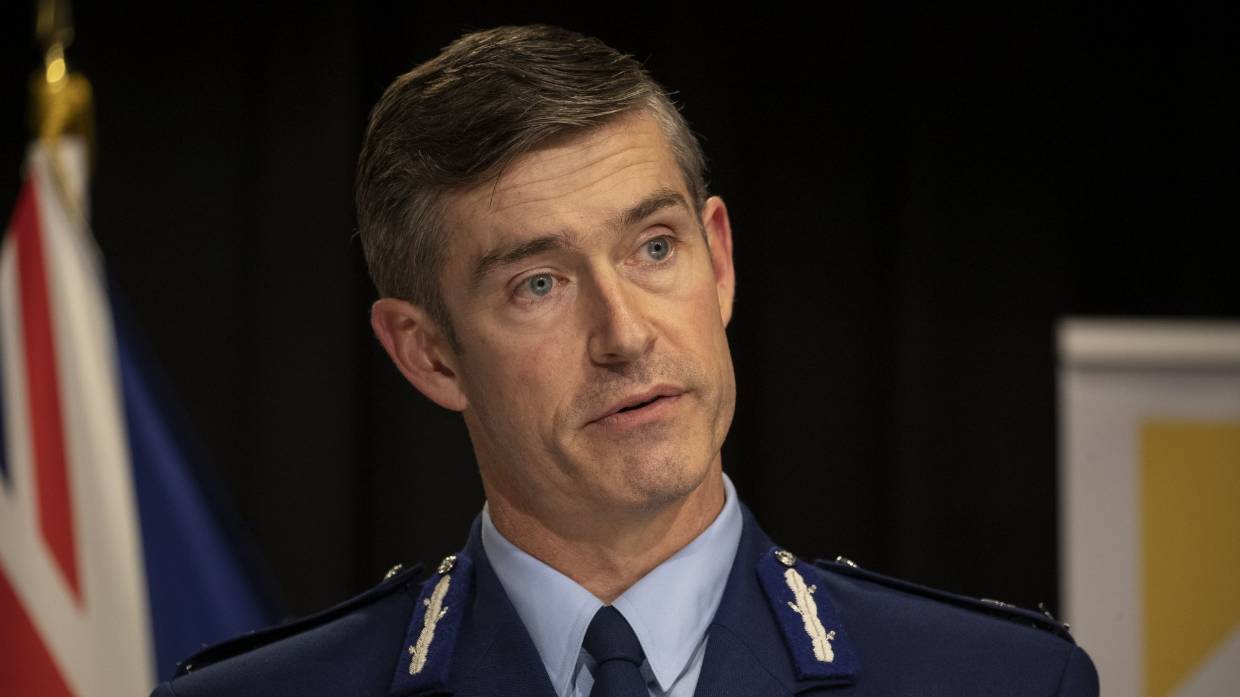5 May 2020
OPINION:

Much has been said about Covid-19 community checkpoints and the police approach to dealing with them. Some of the commentary has raised fair questions, to which I wish to respond by articulating why police have proceeded as we have.
Early in this crisis, the information available about the nature of the threat and its spread was patchy. Different communities responded in different ways. For many Māori communities, the knowledge that, on a per capita basis, seven times as many Māori died compared to Pākehā in the last big epidemic was an understandable cause for fear and concern. There is strong scientific evidence that indigenous people are much more vulnerable to epidemics, consistent with other poor health outcomes.
For Māori, kaumātua and kuia hold the cultural history of iwi through an oral tradition. Whilst this is not unique to Māori communities, it is particularly important aspect of Te Ao Māori (the Māori worldview).
In light of this, these communities feared not only the loss of loved ones (like all New Zealanders), but the wiping out of their cultural heritage as a result of Covid-19. A number of rural Māori communities, predominantly in the central, east and north of the North Island, sought to protect their kaumātua and kuia, and the wider community, when they felt no other mechanism was available to them.
These small communities moved with urgency to establish community-led checkpoints to discourage movement not permitted under the level 4 controls. This was an approach that police actively discouraged.
However, where communities determined that they were committed to doing this, we worked to ensure permitted movement (to the level allowed under level 4) was maintained. Freedom of movement is a fundamental right in New Zealand, albeit one that can be legally constrained, as we have experienced over the last month.
With minor exceptions, police were satisfied that the action being taken in these communities was strongly aligned to the controls that the Government had put in place, and community interactions were positive and enhancing community safety.
With police’s stated organisational purpose being that people and communities should be safe and feel safe, we have been careful to understand and respond appropriately to the fear that this situation has created for many. Whilst we can bring many rational and legal arguments to this situation, the action in these communities was driven by their strongly perceived (and likely actual) vulnerability, which defined the context in which we were policing.
Further, we were mindful that a strong enforcement-led response to the community checkpoints could lead to protests at various sites around the country, where large numbers of people gathering would have increased the risk to the community, rather than reduce it. And this at a time when there was substantial and growing demand to support a range of Covid-related responses.
Our model of policing is underpinned by the concept of discretion, exactly because the law applied without judgment can lead to worse outcomes than the harm at which the law is directed in the first place. The application of discretion is an art, not a science, and it is therefore open to debate whether discretion has been applied the right way.
That is criticism to which we are open, and do not expect to escape. However, it must be accepted this has been an unprecedented event, in which there has been no easy or optimum response.
As we have transitioned into level 3, the movement permitted within regions has increased (modestly) and the risk to community from Covid-19 is reduced. In recognition of this, we have been working with communities to reduce the presence of checkpoints, and we have seen a very substantial reduction (from approximately 30-50 to fewer than 10, mostly in small regional locations). We have been very clear that the checkpoints will not continue into level 2.
Where there are checkpoints presently remaining, we have deployed police staff, who have the power to stop vehicles to check the lawfulness of movement, pursuant to the health notice still in place. They are monitoring the conduct of the checkpoints, to ensure permitted movement is maintained.
There are now seven locations where, with police and community agreement, checkpoints are continuing, albeit with a police presence. These are in areas where there has been a strong community commitment from early on to ensure community safety in this way.
We envisage these checkpoints concluding no later than the transition to level 2, and we are working with communities to create the assurance that police are in a position to appropriately monitor compliance, without these measures in place.
Police will not tolerate the establishment of further self-initiated checkpoints where these have not been previously discussed, consulted and agreed. The exceptional time that the onset of this crisis represented has now passed, and we are at the tail end of this activity, not the beginning.
I accept that there have been strong views on many sides of this issue, and not all agree with the approach police have taken. Ultimately, our approach has been driven by a desire to maintain the trust and confidence of all, something which is so important when we police with the consent of our communities.
We will at all times bring an impartial lens to our decision-making, trying to do the best we can to support safety and perceptions of safety in all communities, according to their particular situation.
This has been a challenging balance to maintain in the context of Covid-19, and we remain thankful for the positive way the vast majority of New Zealanders have responded to this difficult moment in our nation’s history.
* Andrew Coster is Commissioner of Police
See full story here...
